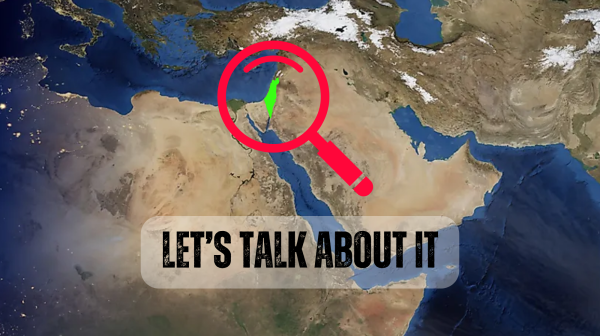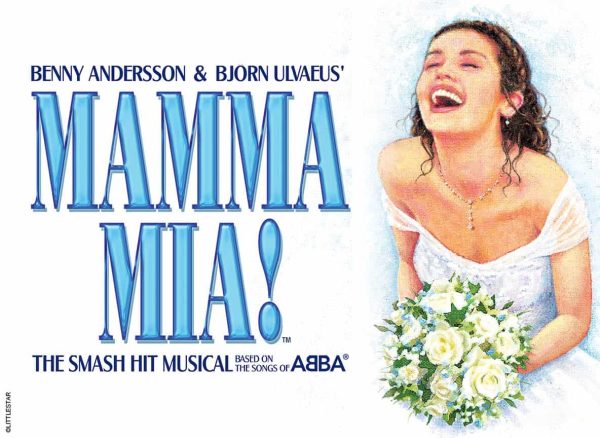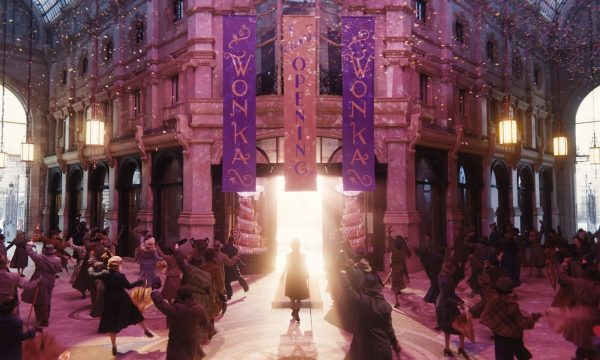EVA’S EVALS: The Hitchhiker’s Guide to the Galaxy game is still fun, 30 years later
Some Westside students may remember reading “The Hitchhiker’s Guide to the Galaxy” for English class. If you did, then surely you recall a bit about Vogon poetry, the usefulness of towels and falling space whales.
However, it’s less common to know that “The Guide” was originally a radio comedy broadcast on BBC Radio 4. Even rarer to come by is knowledge of its 1984 incarnation as an interactive fiction game, released on home computers such as the Commodore 64, Apple II and Atari ST.
The reason all of this matters is that “The Guide” is now free to play on most browsers. “The Hitchhiker’s Guide to the Galaxy – 30th Anniversary Addition” is available on the BBC website — with hints, thank goodness. Trust me: this game is amazing. If you do decide to play, the first thing you’ll notice about the game is that it’s cheeky, with writing characterized by Douglas Adams’s trademark dryness. The next thing you will (probably) notice is that you are dead. As its description warns, “this game will kill you quite frequently.”
Interactive fiction is a wild and quirky world. See, back in the day, games were text-only — more like novels, really. A player operated the game through text parsers, which interpreted commands like “get key” and “go west.” They relied on pairing talented programmers and writers and had their own unique culture. For example, notable games publisher Infocom often included bonus items called “feelies” with their games. Often, feelies were little collectibles such as ID cards or maps, all of which helped to flesh out an otherwise invisible story. One Infocom title, “The Lurking Horror,” even managed to get in a scare before the game started by surprising players with a rubber centipede. Carrying on this tradition, “The Guide” came with its own set of feelies, including a microscopic space fleet — actually just an empty plastic bag. They are showcased here on a website called “The Infocom Gallery” (a relic in itself: last updated April 2004.)
I implore you to try out this piece of gaming history. If you play a lot of modern games, and perhaps even consider yourself a connoisseur, it may be fun to play “The Guide” and discover you have no idea how to move past the first area. It’s sort of like learning a new language.
And maybe these old games are more than just novelties. On the BBC’s “About the Game” page, a sort of slightly sardonic foreword by Richard Harris states that when point-and-click games became the new vogue and Infocom tanked, it “[signaled] the arrival of the post-literate society.” However, Harris continues, “something strange has now happened … people have learned to type again.”
Harris offers some interesting commentary. Of course, basic keyboarding is step one. The real question is: once you’re stranded on a Vogon ship, can you type your way to survival?
Your donation will support the student journalists of Omaha Westside High School. Your contribution will allow us to purchase equipment and cover our annual website hosting costs.











